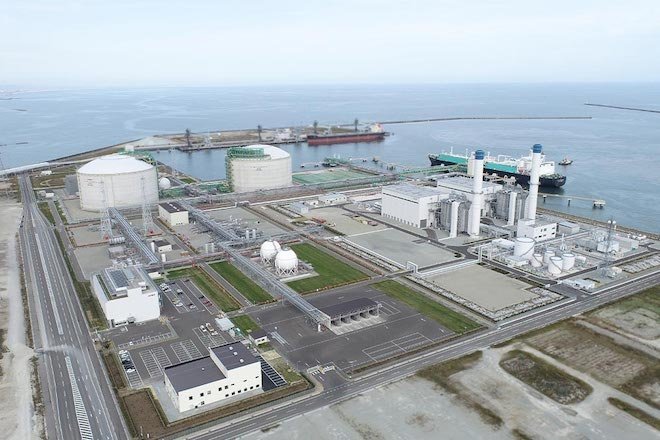This story requires a subscription
This includes a single user license.
The country’s LNG imports decreased to 5.26 million tonnes last month compared to 5.62 million tonnes in July 2024.
However, LNG imports rose compared to 4.44 million tonnes in the prior month, which were the lowest this year.
The ministry’s data previously showed that Japan imported 32.14 million tonnes during the first six months of this year, down by 0.8 percent year-on-year.
Moreover, Japan’s coal imports for power generation rose in July compared to the same month last year.
The data shows that coal imports were up by 1.2 percent to 9.7 million tonnes.
LNG import bill down
The July LNG import bill, which was about $3.04 billion, dropped by 16.8 percent compared to the same month last year.
JOGMEC said in a report last week that the average price of spot LNG cargoes for delivery to Japan contracted in July 2025 and scheduled to be delivered from the month onward (contract-based price) was $12.9/MMBtu.
The firm did not disclose the arrival-based price for July spot LNG cargoes,
The organization only publishes spot LNG prices in cases where two or more companies import spot LNG.
LNG inventories
METI previously announced that Japan’s LNG inventories for power generation stood at 1.90 million tonnes on July 6, down from 2.14 million tonnes the previous week.
According to METI, LNG inventories stood at 1.87 million tonnes on July 13, 1.91 million tonnes on July 20, 1.80 million tonnes on July 27, 1.93 million tonnes on August 3, 1.96 million tonnes on August 10, and 2.01 million tonnes on August 17.
Deliveries
As per LNG shipments going to Japan in July, deliveries from Asia dropped by 17 percent year-on-year to 1.27 million tonnes, the ministry’s data shows.
Middle East LNG shipments rose by 29 percent to 561,000 tonnes in July.
Moreover, shipments from Russia dropped by 54.5 percent to 251,000 tonnes, while US deliveries decreased by 16.7 percent to 531,000 tonnes in July.
China and Japan
Japan, the world’s second-largest LNG importer, took 65.89 million tonnes of LNG last year, down 0.4 percent year-on-year, while China remained the top LNG importer and its imports increased by 7.7 percent to 76.65 million tonnes last year.
However, Japan took over the spot of the world’s largest LNG importer from China this year.
During January-July this year, China imported 35.51 million tonnes of LNG, a decrease of 18.8 percent compared to the same period last year.
Japan imported about 1.89 million tonnes more than China during the period.

